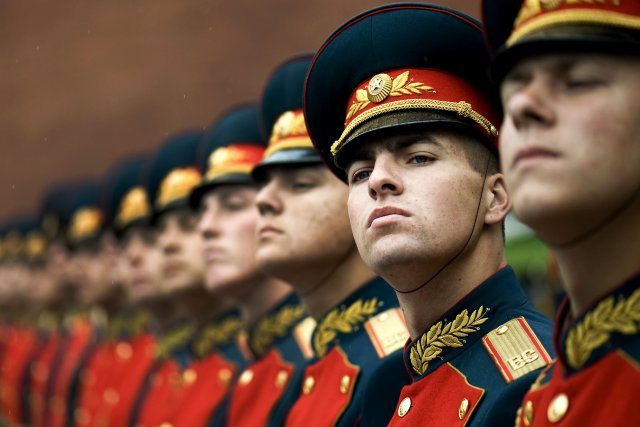A rise in Russia’s military operations in the Baltic Sea region is cause for concern among Baltic states Finland, Sweden and Poland, Estonia’s military chief said.
“Russia has significantly increased its military presence in the western region (Baltic) and has created a new west strategic command that is — to believe its own military head — much more powerful than was the Leningrad military district,” General Ants Laaneots, head of Estonia’s defence forces, said in an interview on Estonia’s public ETV website Friday.
“This is causing worries in Finland, Sweden, Baltic State and Poland,” Laaneots said.
Ex-communist Poland became a NATO member in 1999 while the three ex-Soviet Baltic states joined in 2004. Neutral Finland and Sweden remain outside the Western military alliance.
“Russia has carried out military exercises all summer. What has alarmed me quite a lot is that they strongly emphasize cooperation between various types of military forces and command staffs,” he observed.
“In August, they had 2,000 communication soldiers testing and practicing cooperation between their communication systems,” Laaneots added.
Hailing from ex-Soviet Estonia, Laaneots draws on decades of military experience in the Soviet army prior to Estonia’s independence in 1991.
Estonian Defence Minister Mart Laar noted that the increase of Russia’s military power has been pointed out also by Estonian researchers and downplayed any Russian military threat.
“I don’t believe Russia is at the moment a country that would attack anyone, Russia poses much more danger through its internal weaknesses, and threats like its Sosnovy Bor nuclear power plant in Leningrad Oblast,” Laar told Estonia’s commercial KUKU radio.










